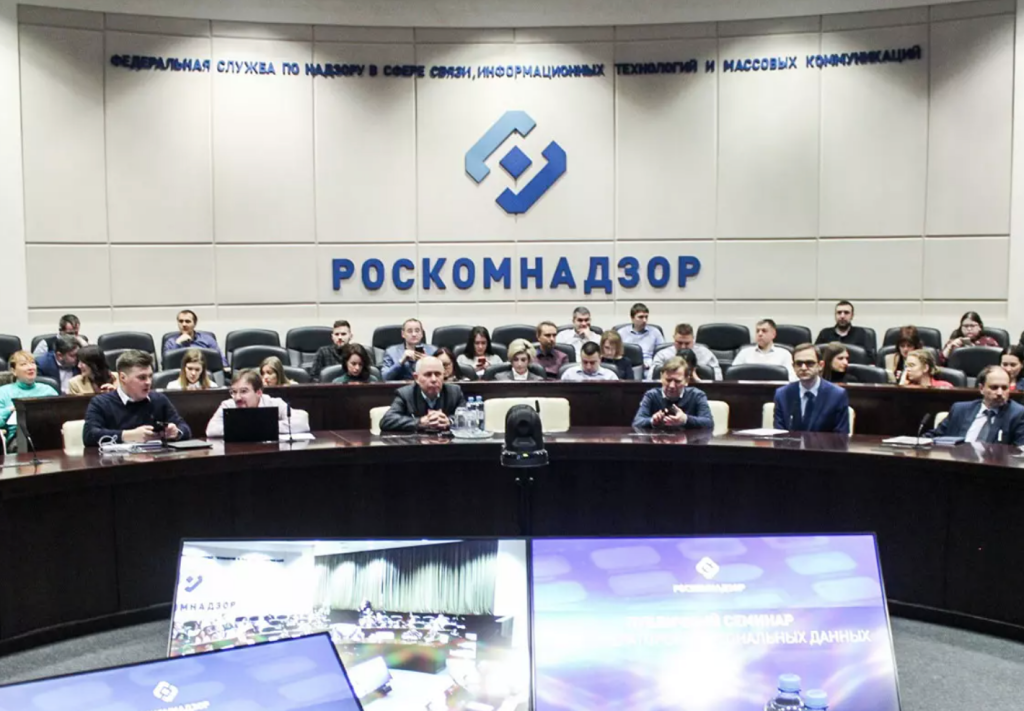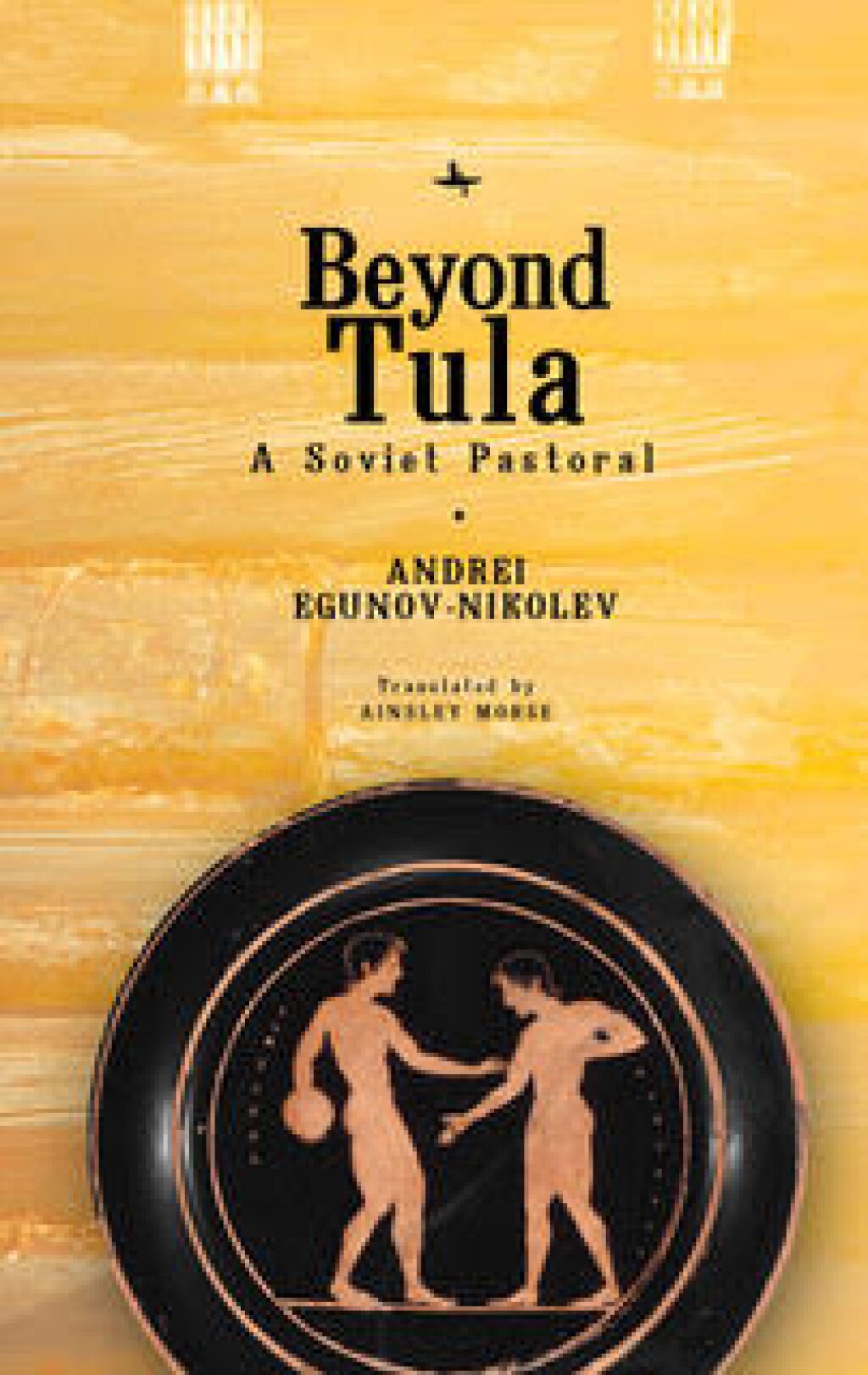* Today's post is the second pedagogical field note, a category for discussing issues related to the Russian classroom. As always, I welcome (and plead for) submissions.
Here's a question for you post-new critics out there: if a student completely misunderstands the historical context of a novel, but is otherwise on target, how severe should the consequence be to his or her grade? It's something of a paradox: if a tree falls in imperial Russia, but the student thinks it was chopped down in Orwell's Oceania, does it make an intelligible sound?
I suspect many of us have had to face this particular conundrum. I still have fond memories from my first year out of graduate school, when a student in my Russian culture class wrote an earnest and persuasive analysis of Pushkin's Bronze Horseman as a response to the October Revolution. Deep down, I really wanted it to be some kind of exercise in postmodern parody rather than a scene from a David Lodge novel--perhaps it was a sophisticated deconstruction of our very notion of cause and effect? Was I being punk'd with Pushkin?
If only that had been the case. And the fact that this student was a Russian Studies major did little to inspire optimism, either.
To her credit, though, she didn't argue with me about her grade afterwards. And, to my relief, she did not go on to get a graduate degree in Russian literature. But last week, I was confronted with a variation of this problem once again, and this time, the student did not go down without a fight.
Every fall, I teach a freshman seminar called "Utopia and Apocalypse," which starts with Plato and ends with Ursula Le Guin and Alan Moore. Though the course is not in the Russian Department, I still include a fair number of Russian works, for all the obvious reasons. One of them is Dostoevsky's Notes from Underground.
Notes from Underground usually results in a variable mix of mystified blank stares and Dostoevskian rabid enthusiasm (every course with Dostoevsky on the syllabus can reliably be expected to include at least one student who appears to have stepped out of a Dostoevsky novel). This time, I received several midterm papers on Notes, including one long and rather cogent elaboration of the underground man's ideological struggle against the oppressive, totalitarian, dystopian society in which he lives. I graded the paper accordingly.
The student was a bit indignant about the result: how was he expected to know about nineteenth-century Russia? This isn't a Russian literature class, and it had no prerequisites. I pointed out that the book had a historical introduction, that we'd talked about the Russian Revolution as an event that occurred (back me up here, Wikipedia) in 1917, and that our class discussion included some information about historical context. He had been sick that day (doctor's note provided).
Setting aside any handwringing over "kids today," he did have one good point. If he had been right about the context, the paper would have been quite good. Just because he seems to have confused Notes from Underground with The Hunger Games, is it fair to think the whole paper is a failure?
I hereby outsource this problem to the Internet. Crowd, please source me an answer.



